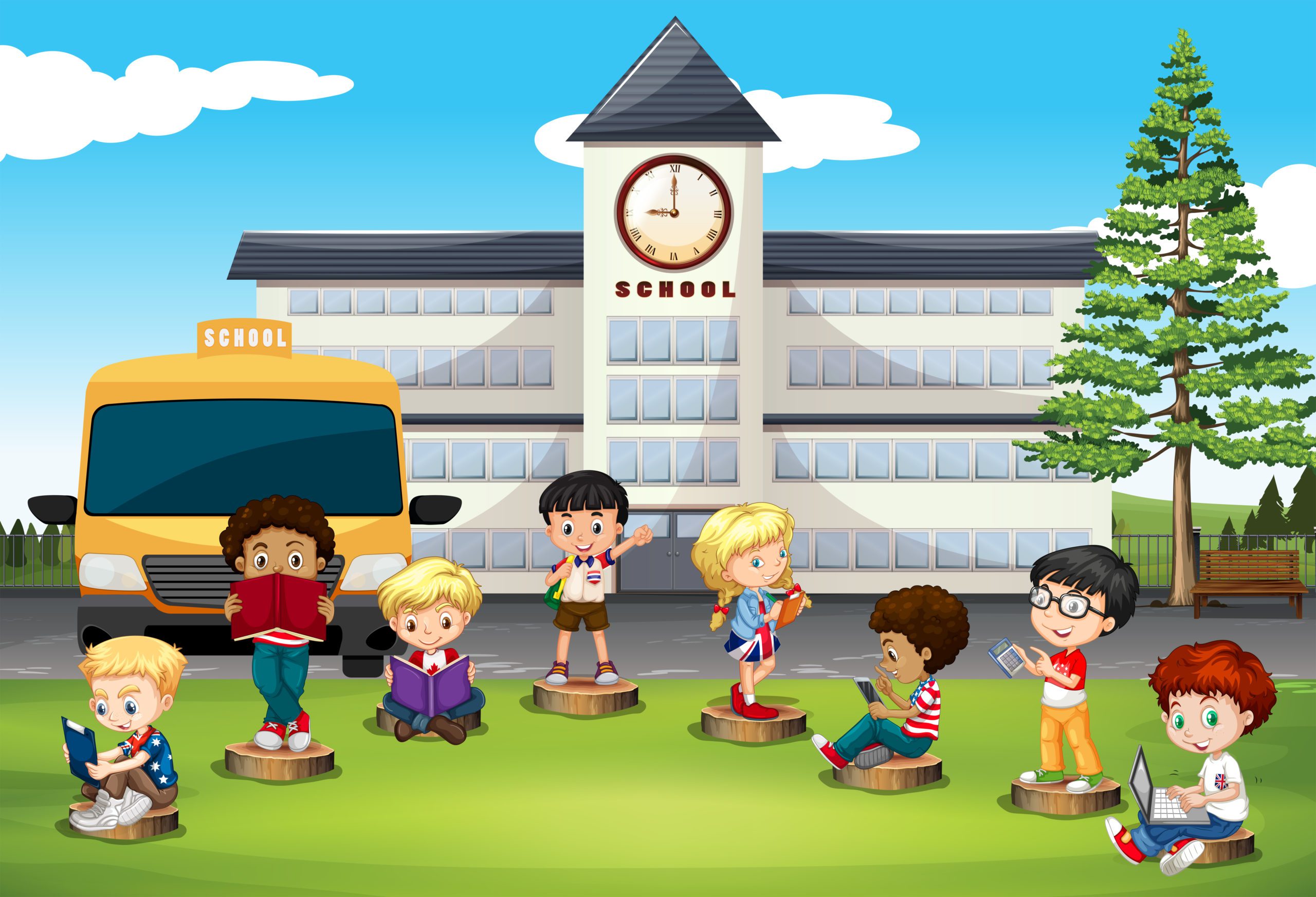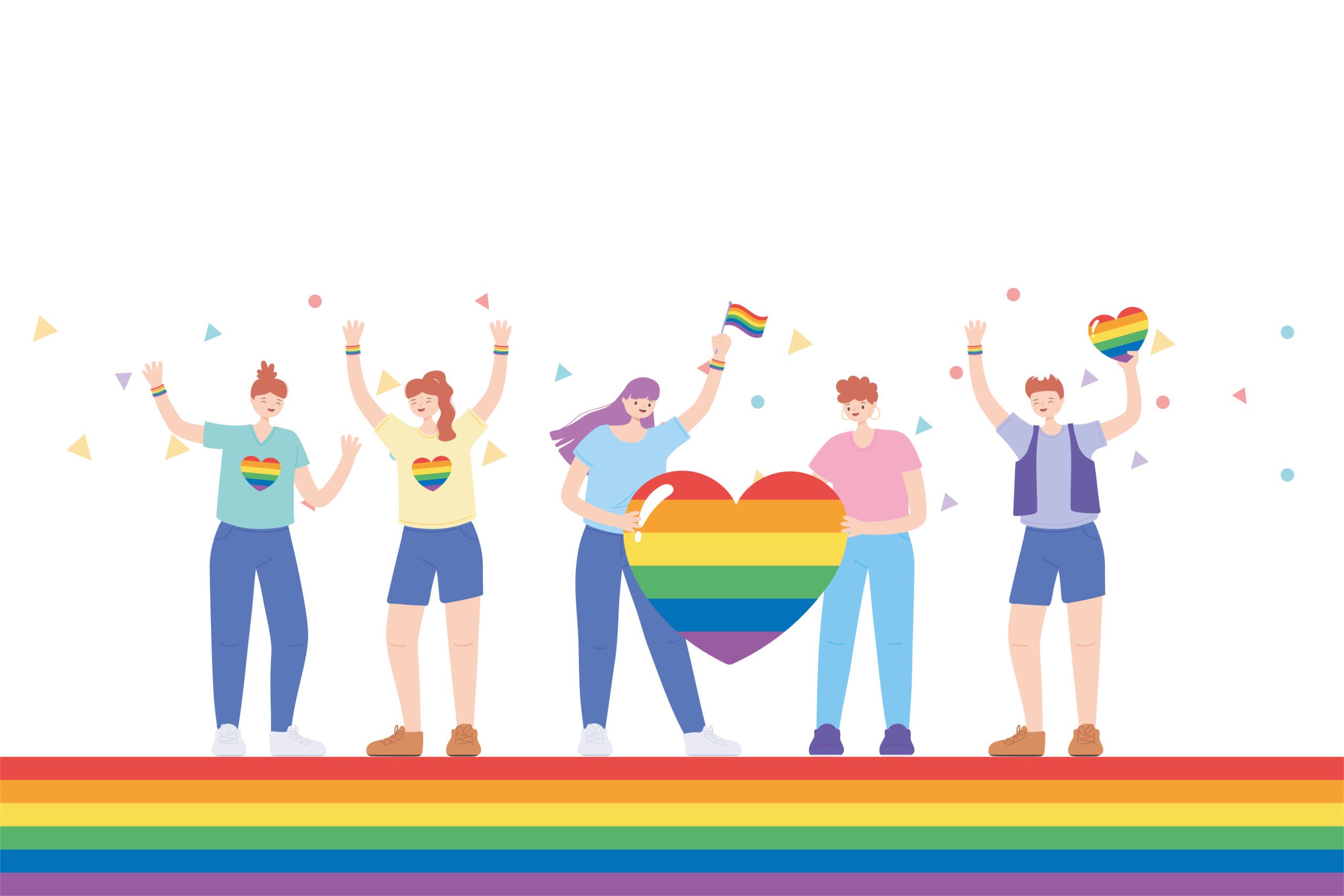Generation Hispanic TV - Live
LGBTQ+ Kids and Their Erasure From The Education System
Restrictive guidance on LGBTQ+ teaching in schools can cause queer youth to feel isolated
Discrimination towards the LGBTQ+ community is, unfortunately, not a new phenomenon within educational systems. However, while authorities have cracked down on outright discrimination, many schools still enable queer erasure.
While browsing school libraries, you’d be hard pushed to find any novels or textbooks that positively portray LGBTQ+ couples: if they’re even represented at all. This simple lack of queer representation during children’s and teens’ formative years is enough to evoke feelings of isolation and shame.
And, things are being taken further in some high schools in the US, with one school in Williamson County, Tennessee, banning LGBTQ+ depiction in textbooks altogether. At the same school, teachers have also continually ignored queer issues implied in textbooks and even ripped apart LGBTQ+ positive banners.
Anti-LGBTQ+ movements are using schools as battlefields, employing school policies to abuse loopholes that erase the experiences of LGBTQ+ students. One distressing example is schools labelling gay and trans issues as political or not age-appropriate.
Recently, Republican governor Ron DeSantis announced he’d support a new Parental Rights in Education bill known as the ‘Don’t Say Gay’ bill. The bill would restrict conversations and discussions of sexual orientation, gender identity, and LGBTQ+ issues in schools. Focusing mostly on primary schools, it would place strict rules on how those topics are approached inside the classroom. The pretext for the ‘Don’t Say Gay’ bill is these conversations aren’t considered age-appropriate, yet no age for which they become appropriate has been established.
 By February 2022, conservative state lawmakers in the US filed over 170 anti-LGBTQ bills in just two months, surpassing 2021’s 139. But, it’s not just the US educational system that’s inciting LGBTQ+ erasure. A recent Australian study revealed that 75% of students in year 9 or above said they had not received education on a range of sexual and gender identities. And in 2019, the UK government released statutory guidance for sex education and relationships in school, which notoriously ignored queer couples. The guidance stated teachers should take an age-appropriate approach to LGBTQ+ issues and, before discussing related content, religious backgrounds must be considered.
By February 2022, conservative state lawmakers in the US filed over 170 anti-LGBTQ bills in just two months, surpassing 2021’s 139. But, it’s not just the US educational system that’s inciting LGBTQ+ erasure. A recent Australian study revealed that 75% of students in year 9 or above said they had not received education on a range of sexual and gender identities. And in 2019, the UK government released statutory guidance for sex education and relationships in school, which notoriously ignored queer couples. The guidance stated teachers should take an age-appropriate approach to LGBTQ+ issues and, before discussing related content, religious backgrounds must be considered.
The ambiguity of these statements might make them seem innocent at first. However, when contrasted with other similar guidance or bills, such as the Don’t Say Gay’ bill, it’s clear gay and trans issues aren’t typically open discussion in the classroom.
It’s no surprise that these restrictions hamper the development of LGBTQ+ youth in schools, preventing them from accessing vital information crucial to their health and sending the message that being LGBTQ+ is wrong. Thankfully, local communities in these countries have also been vocal about their disagreement with these restrictions that make queer youth feel isolated in schools.



